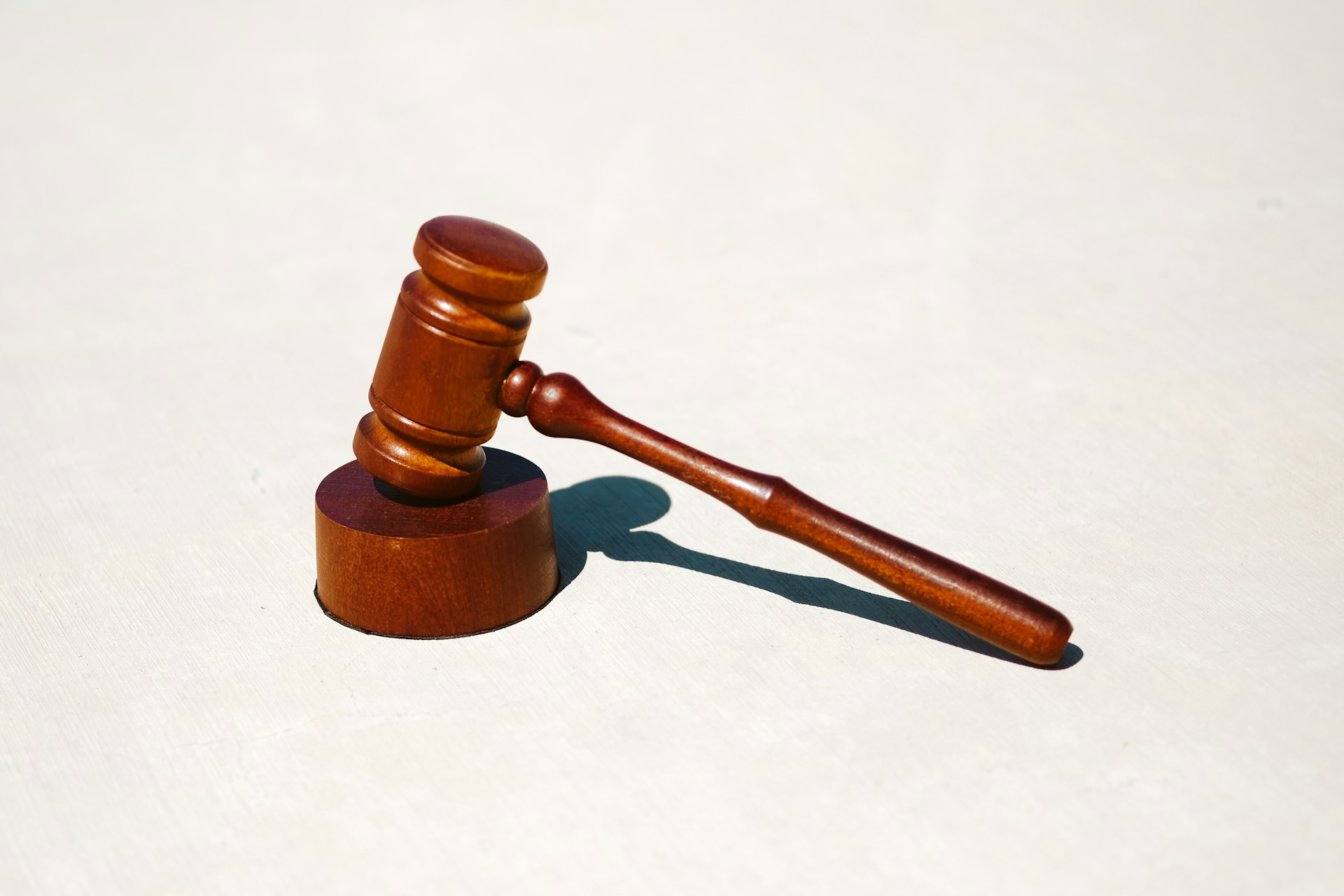US Supreme Court Rejects Binance Appeal In Revived Lawsuit

The US Supreme Court has denied Binance’s request to review the decision that revived a 2020 class action lawsuit accusing the exchange of violating security laws in the country and failing to protect investors.
US Supreme Court Rejects Binance Appeal
On Monday, the US Supreme Court rejected Binance and its founder Changpeng Zhao’s appeal to avoid a class action lawsuit that accuses the crypto exchange of violating security laws by illegally selling unregistered tokens.
According to the reports, the exchange sought to review the 2nd US Circuit Court of Appeals in Manhattan’s decision to revive the 2020 lawsuit and let the proposed class action proceed. Binance and Zhao argued that US securities laws should not govern the exchange as it was outside the country.
The appeal cited Morrison v National Australia Bank, a 2010 Supreme Court decision that limited the extraterritorial reach of those laws. It claimed the 2nd Circuit misapplied the Morrison decision by “allowing liability at multiple stages of securities transactions and in multiple countries.”
Binance’s petition for a Writ of Certiorari. Source: US Supreme Court
The report stated that Binance considers this decision “essentially revived a standard that the Supreme Court has rejected in which domestic securities laws could apply if the conduct underlying a transaction took place or the transaction had effects in the United States.”
Moreover, the exchange alleged that its appeal allows the Court to “address a question of global significance for financial markets: whether (and if so, when) U.S. securities laws extend to foreign trading platforms such as Binance.com.”
Nonetheless, the Justices declined to hear the exchange’s bid, reaffirming the lower court’s decision to allow the lawsuit to continue.
2020 Class Action To Proceed
In 2020, a group of crypto investors filed a class action lawsuit against Binance, arguing that the exchange “wrongfully engaged in millions of transactions” and failed to warn about the “significant risks” of some of its tokens.
The lawsuit claimed that Binance had violated securities law by selling unregistered tokens and “failing to register as an exchange or broker-dealer.” The investor bought ELF, EOS, FUN, ICX, OMG, QSP, and TRX through the crypto exchange and reportedly faced significant losses from their investment.
In March 2022, US District Judge Andrew Carter dismissed the lawsuit as the investors had “sued too late.” The judge also argued that domestic security laws did not apply to Binance since it was not a domestic exchange, regardless of whether it used “Amazon computer servers and Ethereum blockchain computers in the United States.”
However, the lawsuit was revived in March 2024 after the 2nd US Circuit Court of Appeals in Manhattan, in a 3-0 decision, said the investors plausibly alleged that domestic securities laws applied.
“The 2nd U.S. Circuit Court of Appeals in Manhattan ruled that domestic securities laws could apply despite Binance not being a U.S. company because token purchases became irrevocable in the United States once investors paid for them,” Reuters reported.
Judge Alison Nathan argued that Binance’s use of domestic Amazon servers to host its platform supported the decision, as the exchange “notoriously denies the applicability of any other country’s securities regulation regime.”

Binance Coin (BNB) trades at $677 in the one-week chart. Source: BNBUSDT on TradingView
Featured Image from Unsplash.com, Chart from TradingView.com



